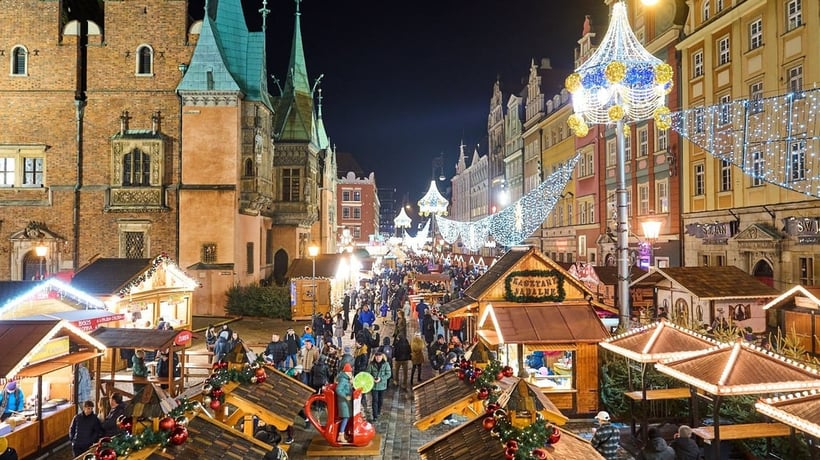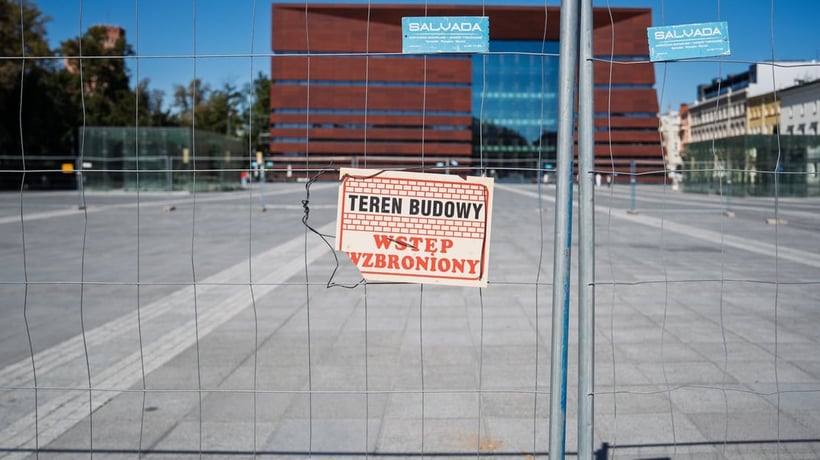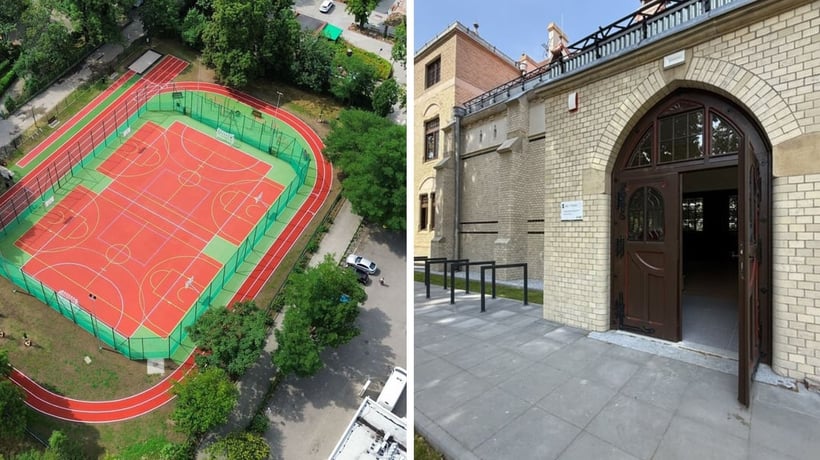The construction of hotels for wild pollinators starts in March, they will appear in the biggest Polish cities thanks to Greenpeace. They will be also set up in Wroclaw.
"In total, we want to set up a hundred of these hotels throughout the country", says Urszula Siemion from Greenpeace. "They will provide shelter for bees, bumble bees and other beneficial insects, for which it is increasingly hard to find a safe space in the cities. Meanwhile, we owe them more than 30 per cent of our food."
Greenpeace invites the managers and owners of green areas in Wroclaw to co-operate, as well as schools, non-governmental organisations and other communities that would like to get involved in the project. It is estimated that about six of such hotels for pollinators will appear in the capital of Lower Silesia.
The money for building a hundred of hotels — about 80 thousand zlotys — were collected in September 2013 as a part of the campaign "Adopt a Bee". It was supported by more than five thousand people. This is another part of the campaign to protect the honeybees and wild pollinators that are dying in large quantities because of, among others, the use of chemicals in agriculture, climate change, diseases and destruction of their habitats.
Until the end of April 2014, Greenpeace accepts submissions from managers of parks and squares, housing co-operatives, open garden plots and other public green spaces in provincial cities which would like the hotels for wild pollinators to appear in their area. Greenpeace is also waiting for schools, non-governmental organisations, neighbourhood groups and cooperatives that wish to take the patronage over the hotels in their cities.
In spring the hotels will appear in provincial cities in public green spaces, where the insects will find a lot of food and contribute to the improvement of the quality of urban nature. They will be a shelter for such insects as solitary bees, bumblebees and other bees, butterflies, ladybugs, lacewings, and so-called hoverflies, that is insects from the order of Diptera. The hotels will be built from natural and sustainably harvested materials. Before the local residents appear in them, they will be occupied by Osmia rufa. The first such hotel already appeared at Pole Mokotowskie in Warsaw.
"This is also an opportunity to broaden the educational offer and pay attention to the important role of urban green areas", thinks Urszula Siemion.
The phenomenon of extinction of honeybees and other pollinators increased in recent years. Each year in the United States dies an average of about 30 per cent of bees, in Europe — 20 per cent, although there are areas where losses account for over 50 per cent. In China there are already places where there are no bees at all. And there is a lot to fight for. Thanks to the bees we can enjoy, among others, fruits, vegetables, and many edible oils. In Europe alone, more than 4,000 varieties of vegetables depend on pollination by bees and other insects. The majority of wild plants also needs them.
Katarzyna Kunka






